Trump impeachment trial in Senate stuck in limbo over rules
The US Senate remains deadlocked over how to proceed with an impeachment trial against President Donald Trump, more than a week after the Democratic-controlled House of Representatives impeached the Republican president on charges of abuse of power and obstruction of Congress.
Speaker of the House of Representatives Nancy Pelosi, a Democrat from California, is waiting until she receives more clarity from Senate Majority Leader Mitch McConnell, a Republican from Kentucky, about what an impeachment trial will look like.
McConnell, however, says he wants to start the Senate trial as soon as lawmakers return from the holiday recess in January.
Democrats are also outraged over McConnell's pledge to coordinate the trial with the Trump administration and do everything he can to acquit the president.
Impeachment begins in the House. If the lower chamber of Congress approves articles of impeachment, a vote is then held in the Senate. A two-thirds majority vote would be needed in the Senate to remove the president from office.
Trump became the third president in US history to be impeached, following the impeachments of former Presidents Bill Clinton and Andrew Johnson. Neither Johnson nor Clinton were convicted by the Senate.
With Republicans in control of the Senate, Trump’s acquittal also seems likely.
In 1974, then President Richard Nixon resigned during his second term after it became certain he would be impeached by the House and convicted by the Senate over the Watergate scandal.
To formally launch a trial in the upper chamber of Congress, the 100-member Senate must pass a resolution with a simple majority authorizing the proceeding. But in order to do that, the House must first transmit the articles of impeachment.
Pelosi, however, says she will not deliver the documents until Democrats “know what sort of trial the Senate will conduct.” McConnell is refusing to agree to any of that in advance and cites the 1999 Clinton trial as a precedent.
In their dispute over how to move forward, both parties are citing the 1999 impeachment trial of Clinton, accusing each other of departing from what they view as precedents set by that trial.
Clinton’s trial in the Senate began on January 7, 1999, more than two weeks after he was impeached by the House on charges of perjury to a grand jury and obstruction of justice with regard to a sex scandal investigation.
Trump is showing signs of increasing frustration with the uncertainty surrounding his Senate trial. He spent the Christmas holiday complaining and blasting Democrats over the impeachment.
The House approved two articles of impeachment against Trump on December 18 on charges of abuse of power and obstruction of Congress.
An impeachment probe was launched in September after an anonymous intelligence community whistleblower accused the president of pressing Ukraine's president to investigate Trump's political rival, Joe Biden, and Biden's son, as well as a debunked theory that Ukraine interfered in the 2016 US presidential election.
Saudi delegation meets HTS leader at presidential palace in Damascus
Relentless Israeli ceasefire violations justify need for self-defense: Lebanese MP
Tel Aviv tells Damascus Israeli forces will remain in occupied territory: Report
Dec. 22: ‘Axis of Resistance’ operations against Israeli occupation
‘Abhorrent’: Oxfam says only 12 trucks delivered aid in North Gaza since Oct.
VIDEO | Leader receives religious eulogists on Hazrat Fatima birth anniv.
Pope Francis slams Israel’s ‘machine-gunning’ of Gaza children
US hostage-taking of Iranian nationals violation of intl. law: Deputy FM


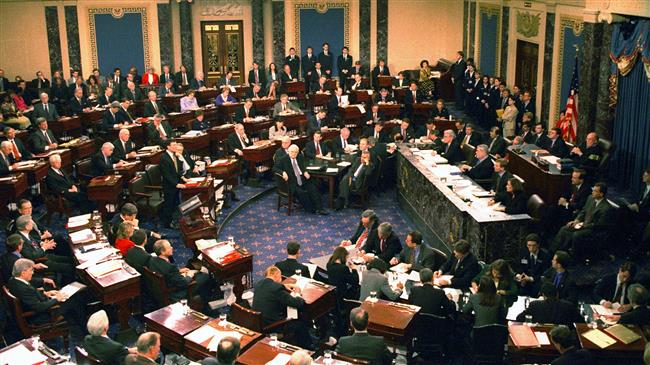






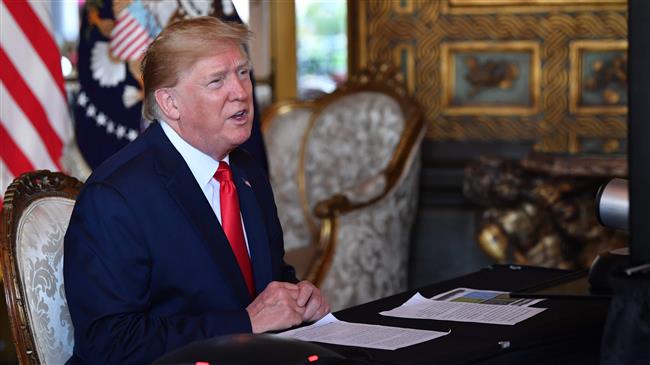
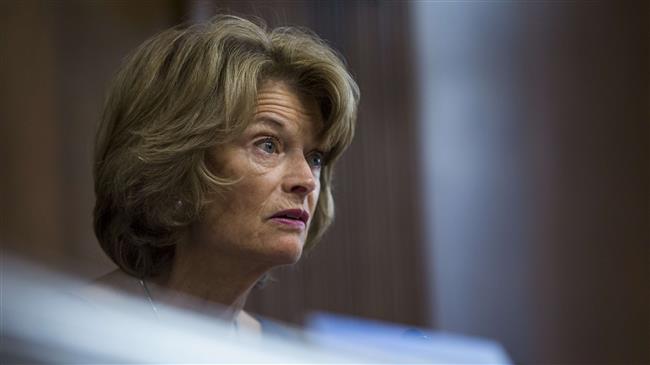
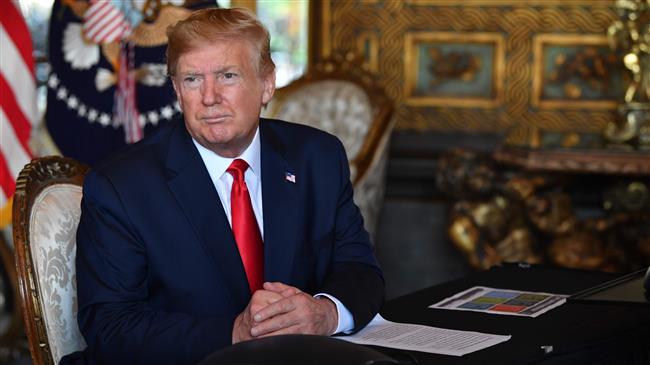
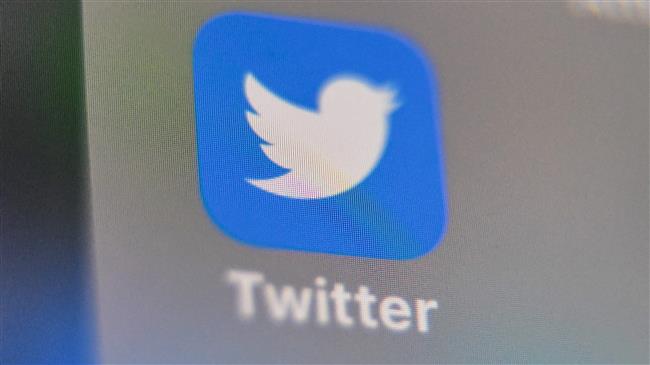
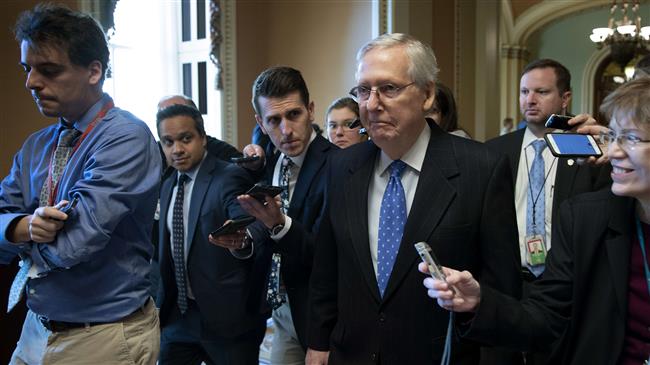
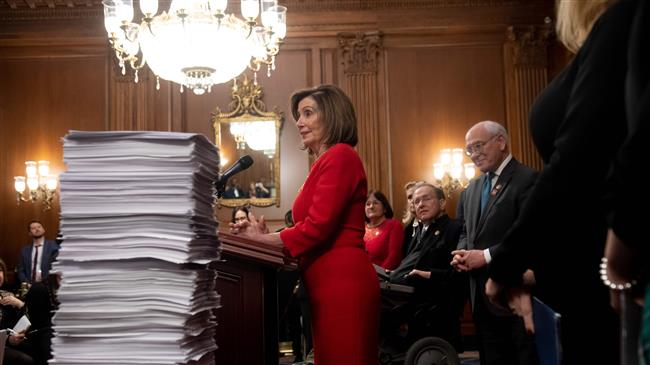
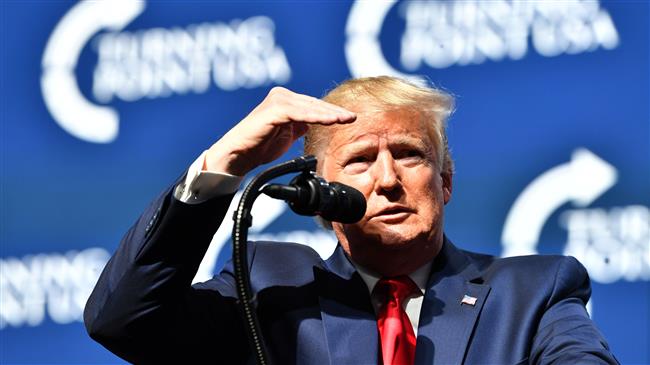

 This makes it easy to access the Press TV website
This makes it easy to access the Press TV website